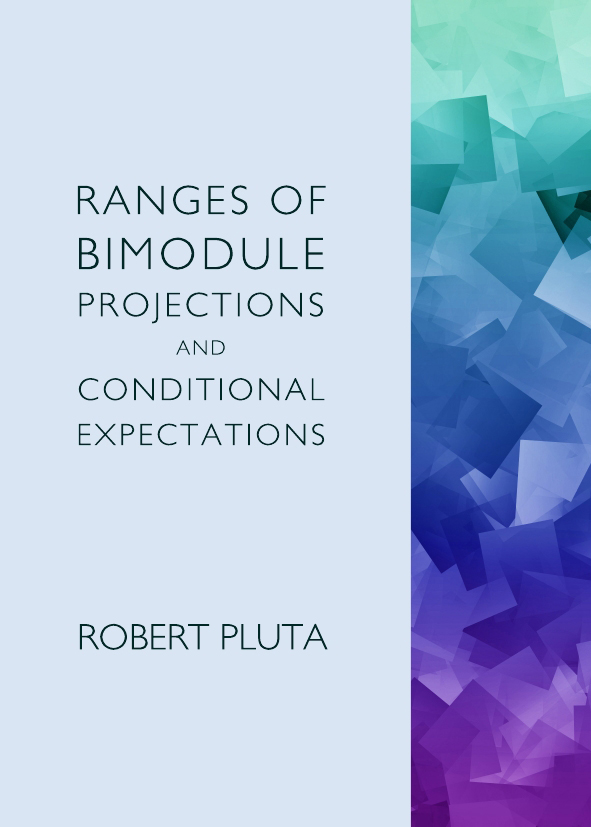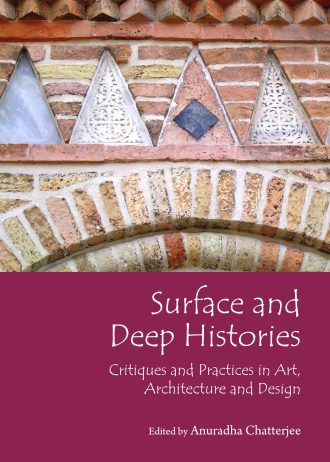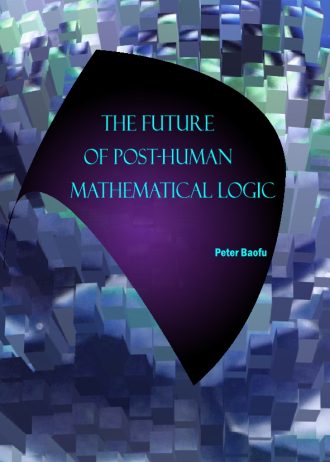£39.99
Ranges of Bimodule Projections and Conditional Expectations
£39.99
The algebraic theory of corner subrings introduced by Lam (as an abstraction of the properties of Peirce corners eRe of a ring R associated with an idempotent e in R) is investigated here in the context of Banach and C*-algebras. We propose a general algebraic approach which includes the notion of ranges of (completely) contractive conditional expectations on C*-algebras and on ternary rings of operators, and we investigate when topological properties are consequences of the algebraic assumptions. For commutative C*-algebras we show that dense corners cannot be proper and that self-adjoint corners must be closed and always have closed complements (and may also have non-closed complements). For C*-algebras we show that Peirce corners and some more general corners are similar to self-adjoint corners. We show uniqueness of complements for certain classes of corners in general C*-algebras, and establish that a primitive C*-algebra must be prime if it has a prime Peirce corner. Further we consider corners in ternary rings of operators (TROs) and characterise corners of Hilbertian TROs as closed subspaces.
Hardback
- ISBN: 1-4438-4612-0
- ISBN13: 978-1-4438-4612-7
- Pages: 150
- Date of Publication: 2013-05-17
Ebook
- ISBN: 978-1-4438-6786-3
- Pages: 150
- Date of Publication: 2013-05-17





